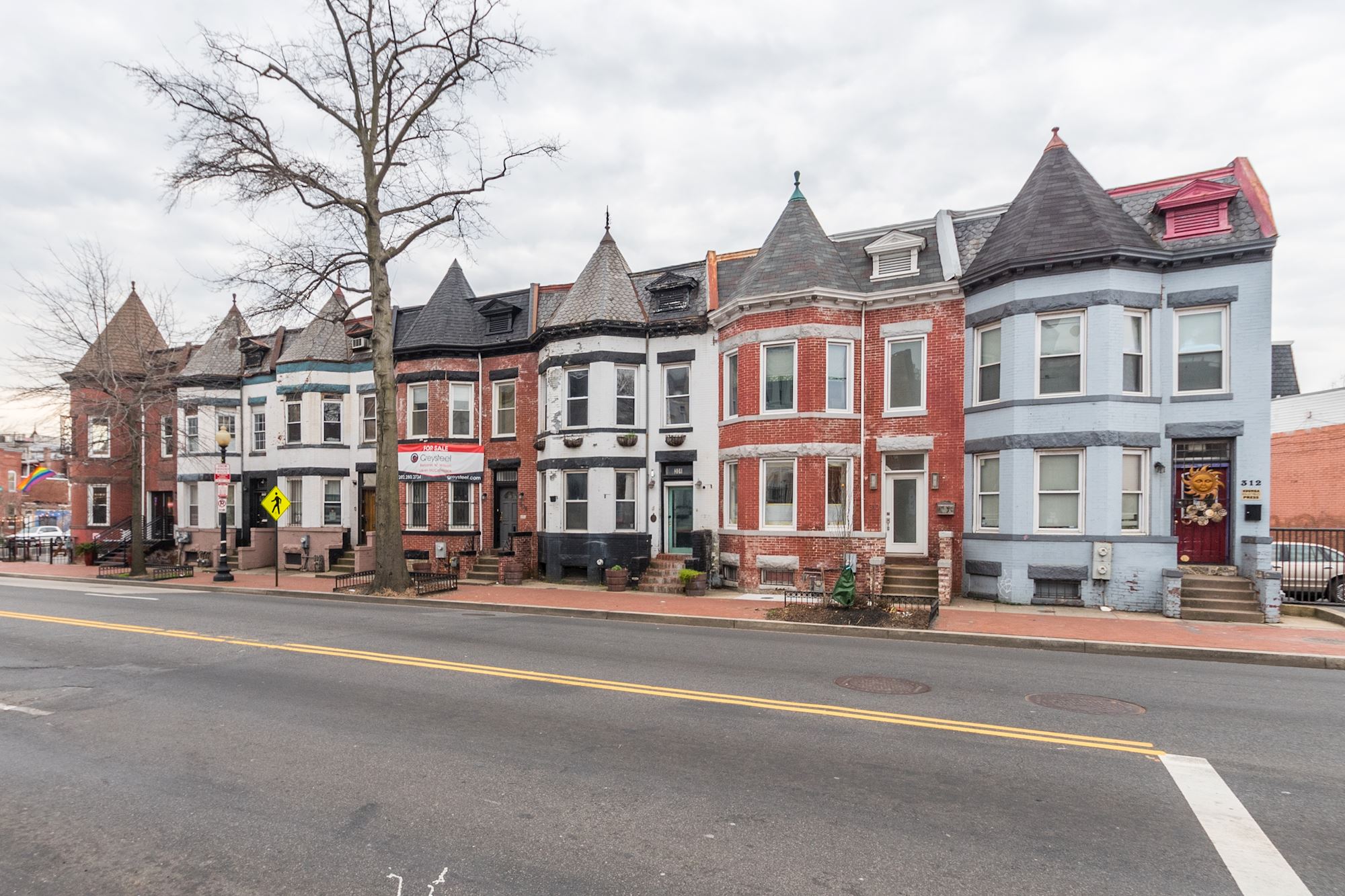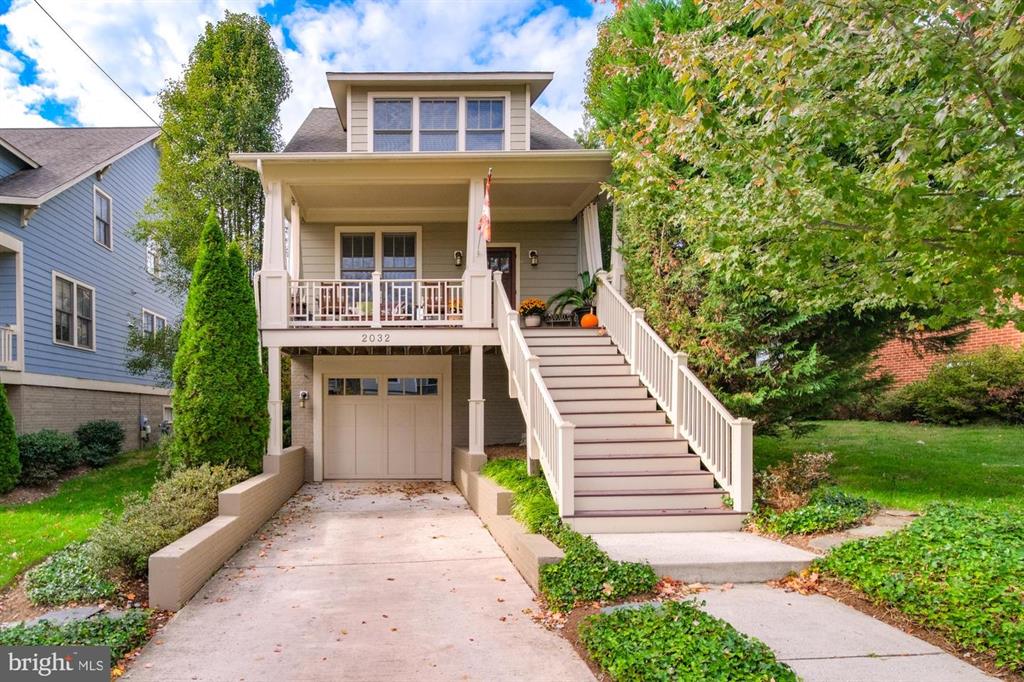Selling your home is a significant financial transaction. However wonderful it feels to sell your home for more than what you paid for, it generally comes with a potential drawback, taxes.
Real estate is a capital asset, and any profits you make from selling it are subject to taxation.
It is critical to understand how capital gains concerning residences can affect your profit and how you can reduce their impact.
Capital Gains Tax: What Is It?
The amount of tax due on the profit gained when you sell a piece of property is known as capital gains tax.
Subtracting the sale price and the purchase price of your home determine what can be taxed.
Long-term capital gains on assets kept for more than a year are subject to special rates.
Capital Gains taxes are generally never higher than 20%, plus a surtax for higher-income individuals.
How Does Capital Gains Tax Work When Selling a Home?
Real estate is subject to the same capital gains tax rules as other assets. The government will tax you on the earnings you get from selling your property.
Your maximum tax bracket and the time you have held the property will determine how much you owe.
It is important to remember that several exclusions could apply in particular situations.
You may be able to exclude close to or around $250,000 in capital gains if you are a sole taxpayer and have owned and lived in your home for a minimum of two years in the past five years.
If the earnings from selling your house are under the exclusion limits, this exclusion implies you won't have to pay capital gains tax on those profits when selling your home.
Suppose you sell your property because of specific conditions, such as a career move or a health problem.
Even if you don't fulfill the two-year eligibility requirements, you could still be entitled to deduct a part of your capital gains. The IRS provides a list of qualified situations.
How To Minimize Capital Gains As You Prepare To Sell Your Home
If you don't meet the residency requirement or the qualifying circumstances for the capital gains tax exclusion, you may still be able to defer or reduce your tax liability.
Donating your home to a worthy charity is an additional efficient method of avoiding capital gains. If you give your property to a reputable charity instead of selling it, you won't have to pay capital gains tax on the sale.
Another option is a 1031 exchange, which entails reinvesting the earnings from the sale of your property into a property to postpone paying capital gains tax. However, this strategy requires careful planning and compliance with specific IRS regulations.
Understanding Capital Gains
Understanding capital gains tax is essential when selling your home; therefore, taking the proper steps can help you avoid or reduce your tax liability.
If you're a DMV homeowner who would like to discuss how capital gains taxes will affect the sale of your home, we would love to chat with you!

The Glass House Real Estate Team
We are passionate about empowering home buyers and sellers. Our team brings a wealth of knowledge and experience. We will help you seamlessly navigate the home buying or selling process stress-free.



.png)

